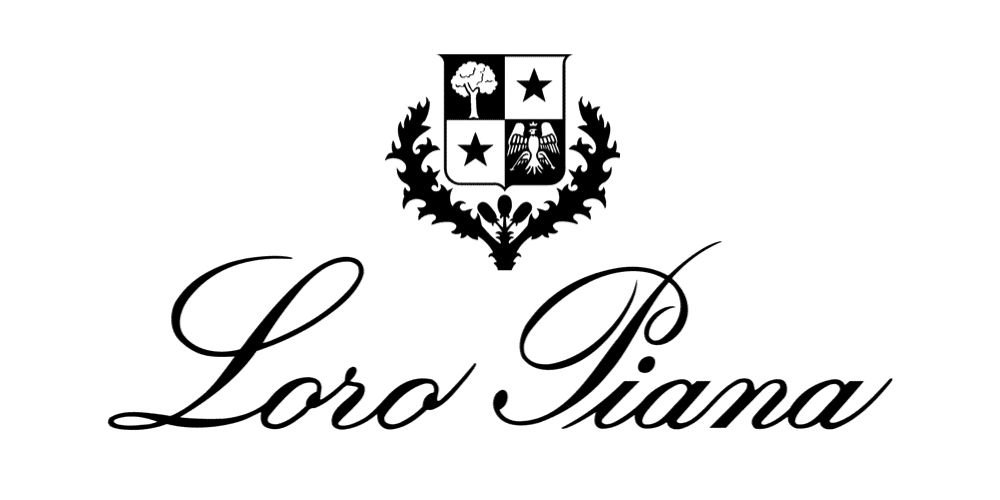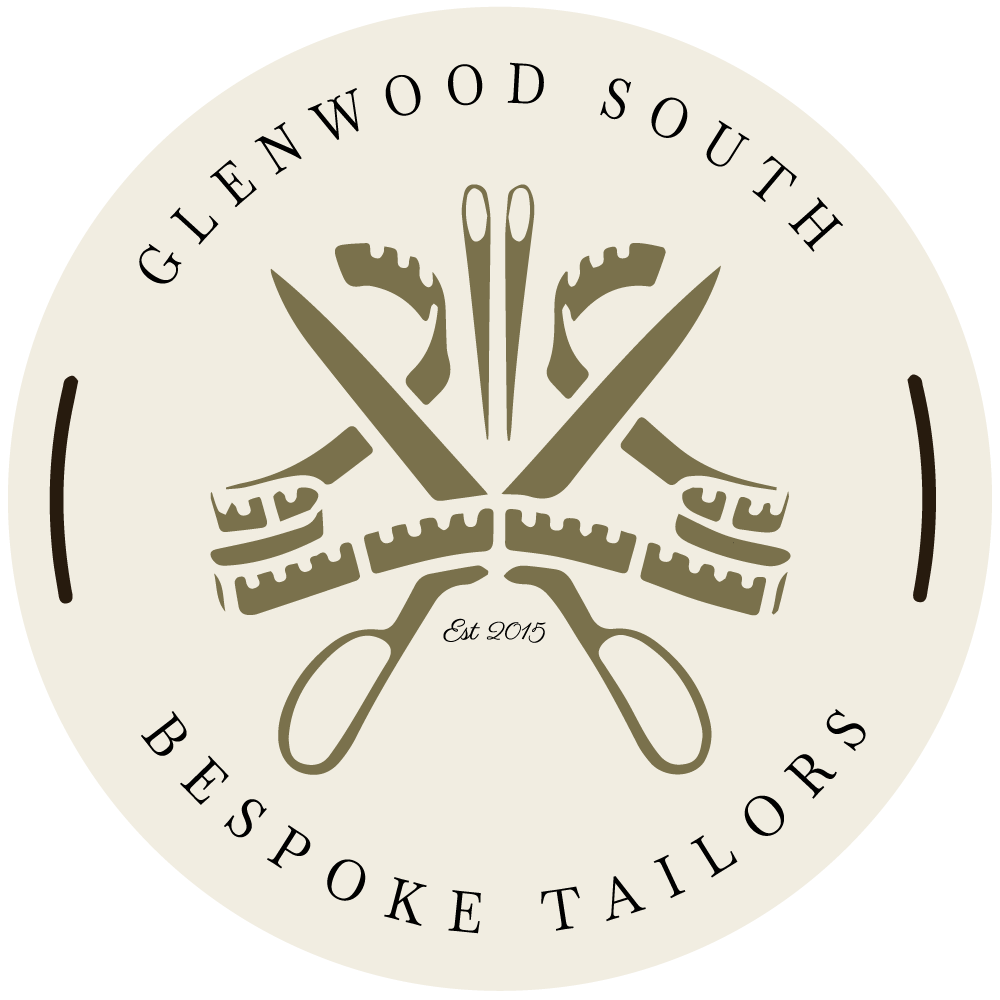
Loro Piana
Gentlemen… Ladies… Young Professionals seeking to redefine their wardrobe with a character defining suit. Getting a good suit that defines you and your respectability should be a journey, not an agonizing and benign trip to Brooks Brothers seeking whatever fast fashion options are available to you. You are more than a-near fitting, lifeless gray suit from the mall; and a truly excellent suit should make that abundantly clear to everyone in the room with you.
“Where do I even begin? What questions do I ask? I don’t know suit terminology beyond colors and sizes,” are all questions and thoughts you may be having. Worry not. You should not have to know the answers to all the questions that go into bespoke suiting; that’s what we, the service-dedicated tailors and tailoresses of Glenwood South Tailors & Men’s Shop, here for. Beginning with an initial series on cloth mills, we will be putting out a series of thought pieces providing in-depth information of the suiting world and process in an easy-to-follow, highly understandable, and incredibly interesting dialogue. We know the answers; and not only do we want to guide you, we want to make this knowledge available to you for you.
With all that in mind, as “How I Met Your Mother”’s, Barney Stinson would say, “LET’S SUIT UP!”
Loro Piana
Before a suit is put into production, before the designs are even conceived, a very important decision is made. What fabric will be used to make said suit? A good suit, a truly excellent suit will be made from natural fibers (animal/plant based threads) that have been painstakingly and attentively made into the most luxurious fabrics by high-end cloth mills. This is no mass-production operation with indifferent employees supervising the efficiency of cold machinery. No, cloth mills stake their pride, their identity, and the value of the cloth they produce on the meticulous and thorough processes involved in making fabrics. The list of cloth mills is miles long; but we only be looking at the best of the best; and today, we will start with one of the very best: Loro Piana.
Just the name Loro Piana has an audible finesse and quality to it. Perhaps, it even sounds like a name spoken in a romance language? Maybe Italian? Well, that’s because it is. Loro Piana is an Italian cloth mill, but the mill has a rich history that goes back six generations. The name “Loro Piana” originated from the name of the family that began trading wool back in the 1800s. It wasn’t until 1924, however, that Pietro Loro Piana officially founded Ing. Loro Piana & C. The business thrived before and after the World Wars. Loro Piana became the preferred supplier of superior wool and cashmere cloths especially after WWII during the haute couture, fashion industry boom. Passing from one familial generation to the next, the young Piana’s brought fresh ideas and more success. Sergio and Pier Luigi Loro Piana took the company into the luxury goods and international retail markets in the 1970s which skyrocketed the cloth mill’s reputation. With its newfound prosperity, Loro Piana now had the ability to take its textile exclusivity to the next level. This next bit of information is incredibly important to the new and experienced suit seeker; so if you zoned out during the history lesson, now is the time to return to the present. Why are textiles in suits important? Why should you care? Because the fabric is the suit! A big “duh” perhaps, but stick with me. The cloth of a suit is its soul, its identity. The cloth chosen to produce a suit determines: how the suit will sit on your body; the variations of personalized fit (trim arms, a nice trim silhouette, a strong-sturdy shoulder, and etc); the weight of the suit as you wear it; the breathability and temperature retention; and so on. As you can see, this information isn’t to be ignored. Circling back to Loro Piana. What do they do to contribute to suits as a cloth mills? Well, Loro Piana sources their cloths from the furthest corners of the earth to ensure high-quality. From the mountains of Peru and Argentina, to the hills of Australia and New Zealand, and the cold mountainous region of Mongolia: Loro Piana gathers rare and highly coveted animal fibers. Always mindful of the animal’s health, comfort, and seasonal behavioral patterns: the Piana cloth mill gathers fibers from the highly revered South American Vicuña, the Merino Sheep of Oceania, and Mongolian Hircus goats. After gathering a safe and plentiful amount of fibers from the animals, they are then taken to various locations throughout the production process. The first and most essential step is raw material quality control where close observation under electron microscopes detect even the most microscopic imperfections to be eliminated from selection. After a delicate and specialized wash of the scientist approved materials, they are taken to a location to be spun into yarn/thread and eventually woven into fabric. It is during this process that the super #’s are determined. To the average Joe those numbers mean nothing; but to a tailor, it is a number of quality, more specifically the fineness of the spun wool. We will talk more about super numbers in another piece; but there’s a brief notion to get you started.
So, what makes Loro Piana unique when compared to other cloth mills? What makes them especially desirable? Loro Piana has come to set the benchmark for the world’s finest yarns and fabrics, thanks to its tireless investments in raw materials and production, and continued technical innovation. The visually rich appearance and colors are unparalleled. The company controls every stage of production to its exacting standards, from the collection of the natural fibers, right down to the delivery of the finished products to its stores. Loro Piana’s commitment to the sustainability of these rare, exclusive fibers has resulted in long term conservation programs to safeguard the animals and their habitats. Their long term conservation programs include: clean water treatment plants in Quarona and Mongolia aiding both the production process and environment around them, photovoltaic solar energy systems to fight air pollution, and fully integrate and support all purchased energy. Tradition and innovation inspire the company’s uncompromising vision of quality. Their transparency and dedication to quality is what defines the company and makes their products prized among customers.
If this level of cloth quality and sustainable character resonated with you, we would love to start a conversation regarding your bespoke suiting and outerwear attiree being a part of this heritage.
Coordinate your consultation with us today.
